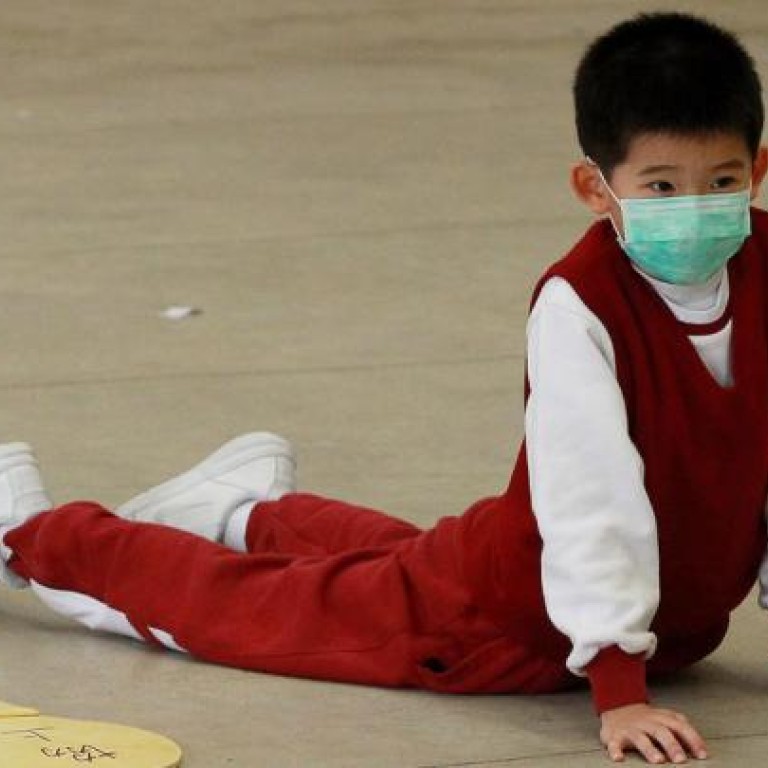
It's high time parents voiced their concerns about pollution
There are two things I cannot abide: noise pollution and air pollution. I have lived here for three short years and the air quality seems to be getting worse. Now that I have a toddler and another baby on the way, my concerns have increased.
There are some things I love about Hong Kong - the urban life and jungle paths, the East-meets-West culture, the delicious food, the fantastic public transport ... the list goes on. However, there are two things I cannot abide: noise pollution and air pollution. I have lived here for three short years and the air quality seems to be getting worse. Now that I have a toddler and another baby on the way, my concerns have increased. It's one thing for my husband and I to compromise our well-being, but it's quite another to jeopardise that of two small children.
After more than two decades campaigning to improve the air quality here, Anthony Hedley, a Hong Kong pollution expert, left the the city because the filthy air increased his respiratory problems.
It's with some trepidation that I contact him; and he proves me right.
"The world's medical science literature shows that the evidence, from large-scale population studies and clinical and health services research, points to increased health care needs for children who breathe polluted air," says Hedley, an honorary professor at the University of Hong Kong. "Problems include acute and chronic bronchitis, pneumonia, increased risk of asthma and aggravation of existing asthmatic symptoms, increased tendency to develop allergies, chronic rhinitis and other nasal problems, and middle ear disease.
"It is recognised that children of pregnant mothers living in polluted environments can have intra-uterine growth retardation and are lower in weight at birth than babies whose mothers breathe clean air.
"The most dominant threat to health-related quality of life for children may arise from impaired lung growth. Adolescents reach maturity at about 18. At that point, lungs stop growing. There is no way to redress impaired lung growth and, in general, lung function declines throughout adult life.
"Lung function is the biggest single determinant of life expectancy and survival in normal human ageing. Children whose lung development is damaged by pollution are likely to suffer from the consequences of that and to have reduced survival compared with their peers."
Hedley says that existing breathing and heart conditions are likely exacerbated by the pollution.
Hong Kong's traffic, shipping, power stations and the factories on the mainland all pump out the particle-laden air that we, and our children, breathe every day.
"Traffic causes very high levels of pollutants at street level, especially nitrogen dioxide and particulates," Hedley says. "Shipping emissions in our waters have high levels of sulphur dioxide and metals such as nickel. These are extremely toxic."
These are two things that we could actually change.
Hedley suggests writing to Chief Executive Leung Chun-ying and the secretaries for environment and health, telling them to "act as though this is a serious medical emergency, which it is".
"We should not be subject to any further delays, denials, patronising and invalid rationalisations about 'wind' or other meteorological explanations for pollutant levels," he says.
To paraphrase Hedley, the pollution levels in Hong Kong are a major public scandal when the city has the resources and technological capacity to solve the problem.
Fellow parents, if you, too, feel it's a scandal, pick up your pens and write.
